Opposition MPs protesting the bill with placards at the session on October 7. (Photo: Kenen Şener/Twitter)
The parliament has passed a sweeping law that introduces prison sentences of up to three years for "disseminating misleading information."
Dubbed as the "censorship law" by the opposition and journalism groups, the law will affect not only news reporting but also social media users. Anonymous social media users may face sentences increased by half.
The opposition has announced that it will bring the law to the Constitutional Court, demanding its annulment.
The most controversial article of the law says those who "publicly disseminate false information about the country's internal and external security, public order and general health, in a way that is suitable for disrupting public peace, with the aim of creating anxiety, fear or panic among the public" will face a prison term of one to three years.
Arbitrariness
Possible arbitrariness of deciding what is "misleading information" and its enactment ahead of the critical elections scheduled for June 2023 are at the center of criticism.
For example, members of the Inflation Research Group (ENAG), an independent group of economists who monthly releases its own calculations of the inflation rate, can be put on trial, MP Erhan Usta of the İYİ (Good) Party, said during the discussions.
"When one says, 'There is corruption and poverty in this country,' they will be put under pretrial detention and receive a sentence of up to three years," he said. "This is a law of oppression."
Peoples' Democratic Party (HDP) deputy Saruhan Oluç said, "You enact this [law] for the elections. You do this to silence the political and social opposition. But individual citizens will not give up on speaking the truth."
The law is against the Constitution and international conventions, he asserted.
CLICK - Disinformation law 'final stage of AKP's media restrictions'
During its two-decade rule, the Justice and Development Party (AKP) has deployed various legal tools to curb criticism on both the conventional media and the internet.
In as early as 2007, the parliament adopted the Internet Law No. 5651, which purportedly intended to safeguard internet users against illegal and harmful content. Within the first two years of the enaction of the law, 2,500 websites had been blocked by the bill, according to the Telecommunications Communication Presidency (TİB) figures.
Until 2019, the TİB, which was abolished in 2016, and the Information Technologies and Communications Authority (BTK) had banned over 245,000 web addresses. In 2019 alone, access to more than 130,000 adresses was blocked.
More recently, in August 2019, the government authorized the Radio and Television Supreme Council (RTÜK) to inspect online broadcasts, which brought platforms such as Netflix and Spotify under the agency's authority.
The RTÜK and the Press Advertisement Institution (BİK) have been widely criticized for using their authority to impose fines on media outlets to punish the outlets critical of the government.
The government also adopted a law in late 2020, obligating major social media platforms to assign representatives and store their users' information in Türkiye.
About the lawAccording to the "Draft Bill on the Amendment of the Press Law and Some Laws," those who work for internet news portals will be regarded as journalists and they will be able to apply to the Department of Communication for a press credential. Public employees working in information services in public institutions, radios and televisions will also be able to receive press credentials. Internet news portals will be taken within the scope of periodical publications. The proposal reads, "Those who publicly distribute information which is not really related with the security of the country inside or outside, public order or public health with the purpose of creating concern, fear or panic among the people in a manner that domestic peace" may be destroyed will be punished with an imprisonment sentence of 1 to 3 years. With the proposal, reporting offensive content related to the National Intelligence Agency activities and personnel is included within the scope of catalog crimes. |
(VK)




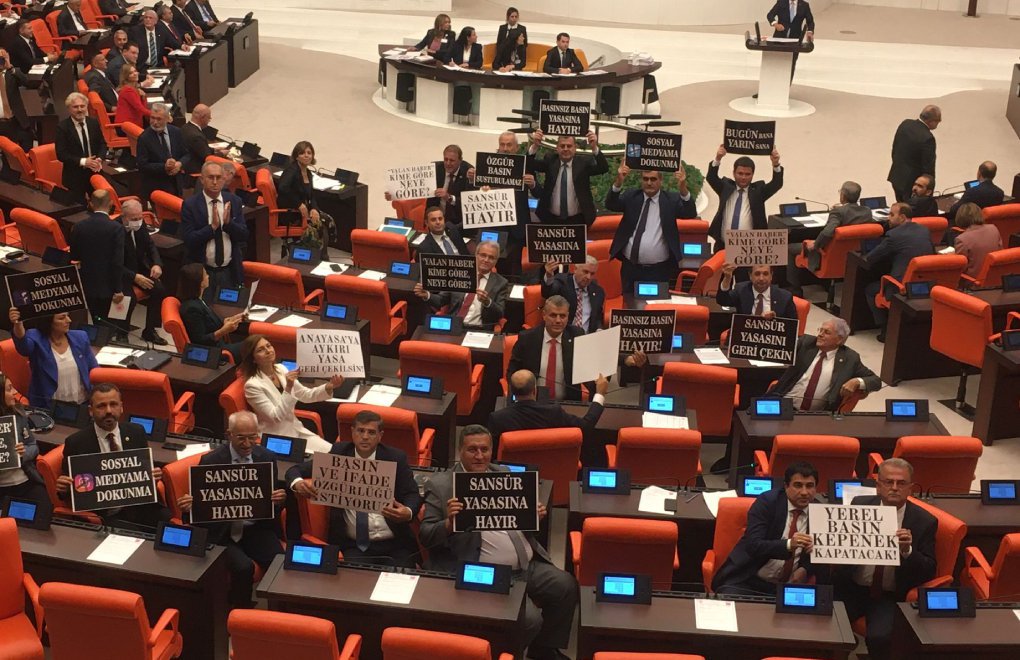
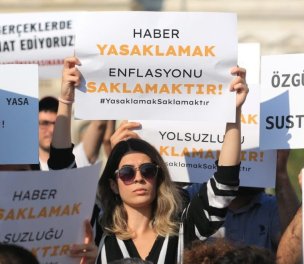
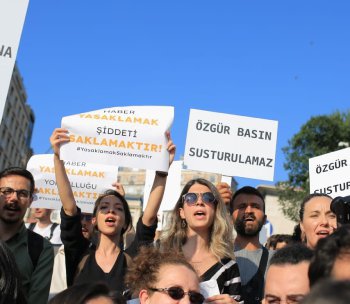
as.jpg)
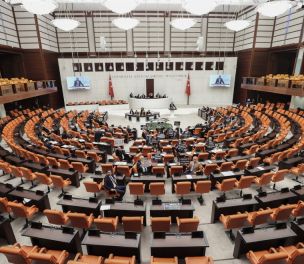
sa.jpg)
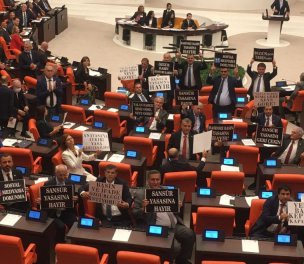

as.jpg)